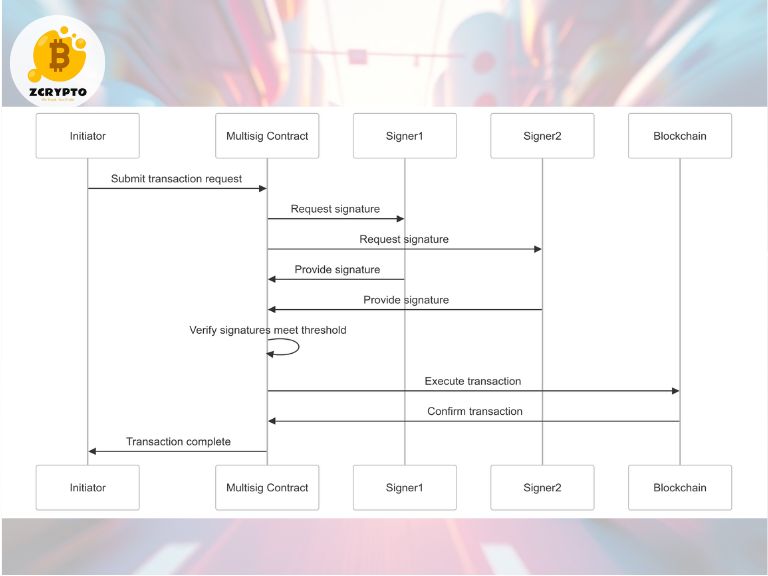What is an Auction Market?
An auction market is a financial marketplace where buyers and sellers engage in a competitive process to determine prices. Here, buyers place bids (the price they are willing to pay) and sellers place asks (the price they are willing to sell at). This interaction between bids and asks leads to price discovery, where the highest bid meets the lowest ask to establish the market price.
- How Android Operating System Drives Revenue and Innovation in the Finance and Business Sectors
- Understanding SEC Release IA-1092: A Comprehensive Guide to Investment Adviser Regulations
- Unlocking Active Management: Strategies, Benefits, and Risks in Investment Portfolio Management
- Understanding Barriers to Entry: How High Startup Costs and Regulations Shape the Financial Services Industry
- Understanding Beneficiaries: A Comprehensive Guide to Inheritance and Financial Planning
Auction markets are known for their transparency. For instance, the New York Stock Exchange (NYSE) and the Chicago Mercantile Exchange (CME) are well-known examples of auction markets where all participants have equal access to market information. This openness ensures that no single entity can manipulate prices unduly.
You are viewing: How Auction Markets Work: A Comprehensive Guide to Buying and Selling in Finance
The Process of an Auction Market
The process in an auction market involves several key steps. First, buyers submit their bids, and sellers submit their asks through various platforms or trading floors. These orders are then matched by a matching engine or a trading floor specialist to complete transactions.
Price discovery is a critical aspect of auction markets. It ensures that the market price reflects the equilibrium between supply and demand. For example, in a stock exchange, when a buyer places a bid for a share at $50 and a seller places an ask at $50, the transaction is executed at this price.
Historically, auction markets used open outcry systems, where traders would shout out bids and asks on a trading floor. However, modern finance has largely shifted to electronic trading systems. These systems offer several advantages, including lower costs, faster execution times, and reduced potential for manipulation.
Types of Auction Markets
Auction markets can be categorized into several types based on their mechanisms:
-
English Auctions: In this type of auction, the price starts low and increases until only one bidder remains. This is commonly used in art auctions but also applies to some financial instruments.
-
Dutch Auctions: Here, the price starts high and decreases until a buyer accepts it. This method is often used in the sale of securities.
-
First-Price Sealed-Bid Auctions: Bidders submit sealed bids, and the highest bidder wins the auction at their bid price. This method is used in various contexts, including company acquisitions.
See more : What is Market Sentiment? The Professional Guide to Market Psychology
Each type of auction has its own advantages and is suited to different contexts. For instance, Dutch auctions are efficient for selling large quantities of securities quickly.
Participants in Auction Markets
Auction markets involve a diverse range of participants:
-
Large Investors (Primary Dealers): These are institutional investors who participate directly in auctions. They often have significant influence on market prices due to their large volumes.
-
Small Investors: Small investors can also participate through platforms like TreasuryDirect for government securities. This direct participation saves them commission and brokerage fees.
The inclusivity of auction markets allows both large and small investors to engage in the price-setting process, ensuring that prices reflect a broad range of market opinions.
Example: US Treasury Department Auctions
The US Treasury Department frequently uses auction markets to sell government debt, such as Treasury bills, bonds, and notes. Here’s how it works:
-
Public Announcements: The Treasury Department announces the auction dates, terms, and conditions well in advance.
-
Auction Process: On the designated day, bidders submit their bids electronically or through other approved channels.
-
TAAPS (Treasury Automated Auction Processing System): This system facilitates the auction process by matching bids with available securities efficiently.
This system ensures that both large institutional investors and small individual investors can participate fairly.
Comparison with Dealer Markets
Auction markets differ significantly from dealer markets:
-
In dealer markets, market makers act as intermediaries between buyers and sellers. They quote both a buy price (bid) and a sell price (ask) for securities.
-
In contrast, auction markets eliminate the need for intermediaries by allowing buyers and sellers to interact directly.
-
Dealer markets can lack transparency since market makers may have access to more information than other participants.
The absence of intermediaries in auction markets generally leads to more transparent and efficient price discovery.
Benefits and Importance of Auction Markets
Auction markets offer several benefits:
-
Efficiency in Price Discovery: By allowing direct interaction between buyers and sellers, auction markets ensure that prices reflect true market values.
-
Promotion of Competition: The competitive nature of these markets ensures that prices are determined by underlying supply and demand conditions.
-
Transparency: All participants have equal access to market information, reducing the risk of price manipulation.
In a free market economy, auction markets play a vital role in ensuring that financial assets are priced fairly and efficiently. They are essential in various industries beyond just finance, such as commodities trading.
Source: https://summacumlaude.site
Category: Blog







